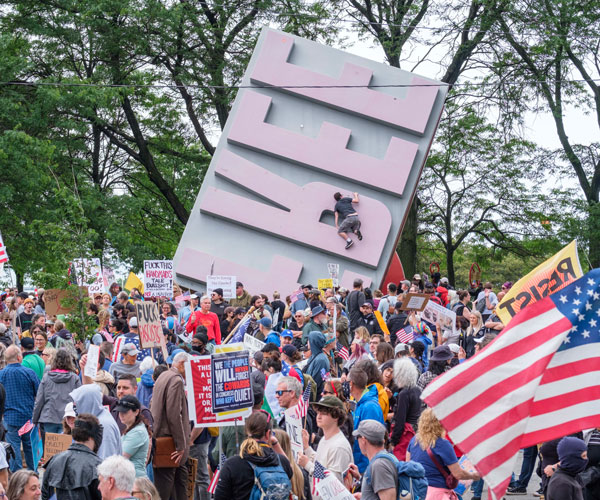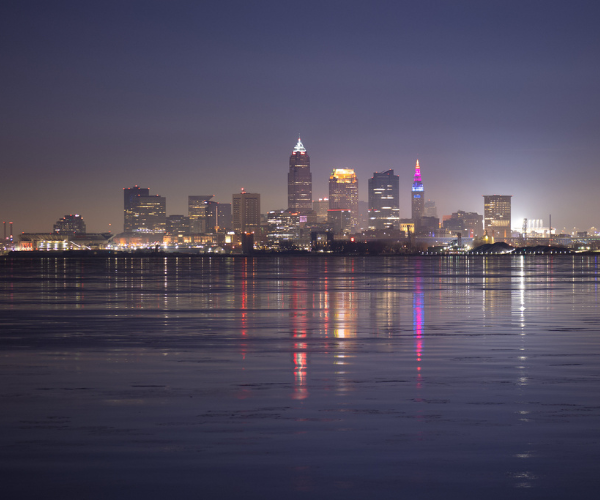A sign hangs outside Peace Community Church that reads “Immigrants & Refugees Welcome.” More than reassurance for the anxious, the banner is a declaration of the church’s sanctuary status and evidence that the spirit of civil disobedience in “the town that started the Civil War” is alive and well.
“These are times when you have to take a stand,” says Steve Hammond, co-pastor of Peace Community Church, one of two churches in the city that hangs the sign. “We can’t stop deportations, but we can do everything we can to not help them happen.”
The church is one of more than 800 sanctuary churches throughout the U.S., according to Church World Service. About 400 of those have declared themselves sanctuaries following President Donald Trump’s election, but Hammond and his wife, co-pastor Mary Hammond, were part of the movement from the beginning.
In the ‘80s, as civil wars raged throughout Central America, Peace Community Church was a stop on the Overground Railroad, a network of churches that helped those seeking refugee or asylum status.
About five or six families visited Oberlin en route from Guatemala and El Salvador to Canada, which was more welcoming than the Ronald Reagan-era U.S.
But today, deportations have created a greater sense of urgency. “In the ’80s, people had some protections as they waited for their appeals or to get into Canada,” says Hammond. “That’s not the case now.”
Like most sanctuary churches, Peace Community Church focuses on supporting local advocacy and support groups. Earlier this year, Peace Community Church raised about $3,000 for the Lorain Ohio Immigrant Rights Association. Part of the Greater Cleveland Immigrant Support Network, the group provides legal counsel before immigration hearings and helps families make the proper connections and arrangements in case of deportation.
“We quickly learned we needed to partner with people who have more experience working with undocumented people,” Hammond says.
Some sanctuary churches, such as Forest Hill Church Presbyterian in Cleveland Heights, shelter people at risk of deportation. But so far, no one has requested sanctuary from Peace Community, he says.
If it does come to that, Hammond’s church has an ally in Oberlin City Council. After U.S. Immigration and Customs Enforcement raided a local Mexican restaurant and arrested five employees in 2008, the city unanimously passed a resolution saying it wouldn’t cooperate with federal immigration authorities unless required by law.
This year, the city reaffirmed its stance by adding language that specifically mentioned refugees. It passed another resolution expressing support for Deferred Action for Childhood Arrivals, the Barack Obama-era policy that was rescinded by the Trump administration in September.
“We would have done this anyway, but it makes it easier for all of us when you don’t have to worry about police helping immigration forces,” says Hammond. “There’s really kind of a heritage in this town of finding ways to help those who are vulnerable because of government policies.”




